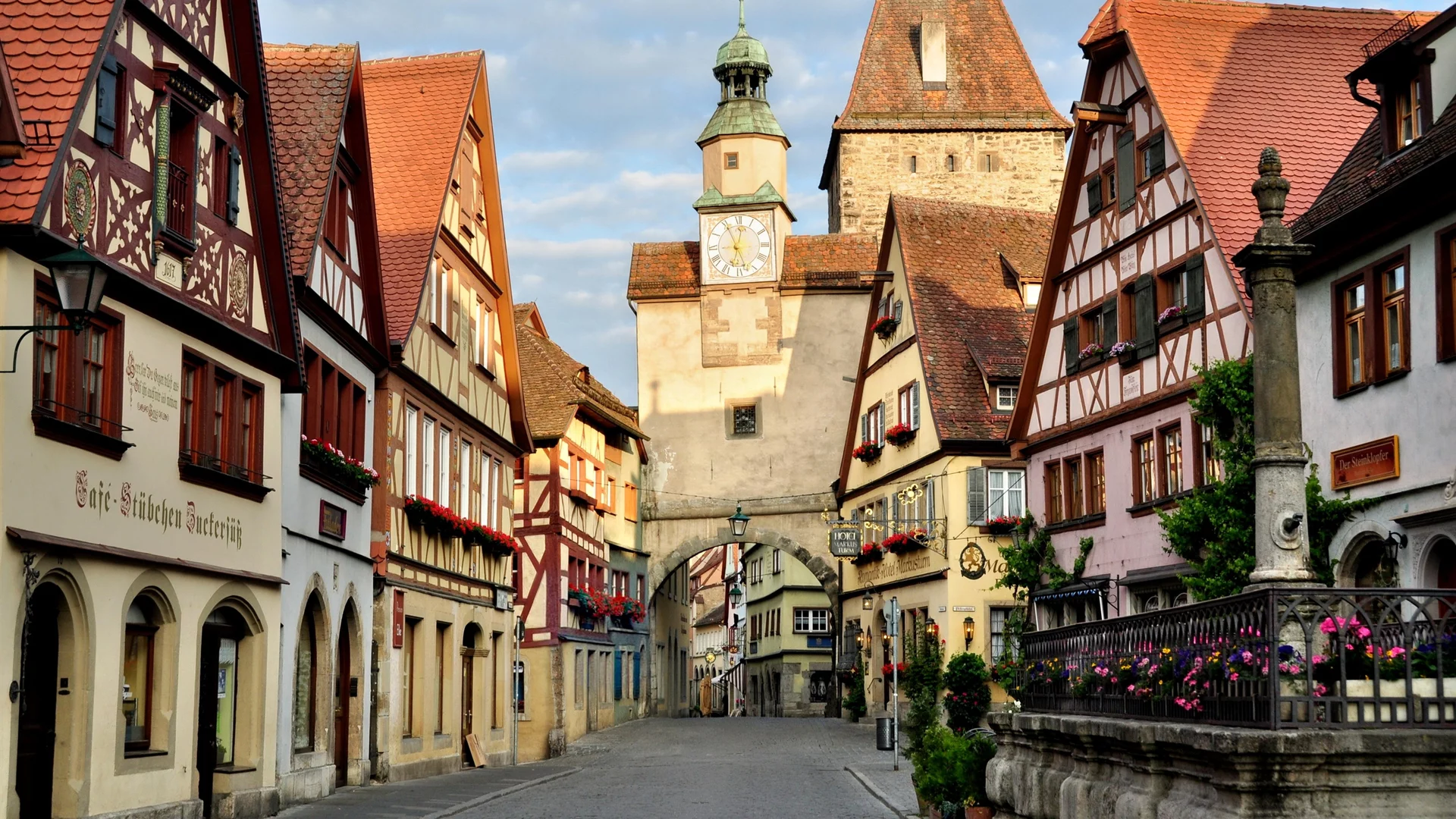
Everything you need to know about obtaining a residence permit, a permanent residence and citizenship in Germany
Germany is a dynamically developing country that becomes home to hundreds of immigrants every year. German culture, special atmosphere and high standard of living attract citizens of other countries. This article is necessary for those who decide to switch from the «tourist» to the «resident» status.
Temporary residence permit in Germany
Citizens of any country who have proof of a legal long-term residence in the German Republic have the right to obtain a residence permit. The grounds for issuing this document include:
- Employment. A German employer’s offer must be attached to the residence permit application.
- Business setting up. For each established company/enterprise/firm, there are two conditions: the authorized capital of €25 thousand and the timely usefulness of the business for a specific region.
- Economic independence. This basis applies to wealthy foreigners who plan to connect their life with Germany or have a holiday home here (own/rented).
- Marriage. An official alliance with a German citizen also increases the possibility of being on the country’s territory.
- Study. Taking a university degree automatically implies the residence permit opening.
- Origin. Jewish or German roots will help to get the residence permit in this country.
With the residence permit, one can continuously stay in Germany for six months. However, some citizens are granted the residence permit for a shorter time. It is also possible to extend the period of a temporary residence for 3 years. A visa to enter other EU countries will be no longer needed. In this case, the document is immediately cancelled if its holder is out of the country for more than 6 months or has committed a criminal offence.
Unlike some other countries, buying a property in Germany is not a reason to obtain the residence permit or the permanent residence.
Who can get the permanent residence permit?
Each holder of the permanent residence (Niederlassungserlaubnis, an indefinite residence permit) receives equal rights with the country’s native inhabitants. The only exception is working in public positions and participating in elections. These are not available to permanent residence permit holders.
Foreigners can get the permanent residence after the immediate completion of the temporary residence permit if they:
- proved their ability to provide for themselves and their families;
- were not detected for violating the law;
- finished their studies and found a job in a state office;
- have not gone bankrupt and continue to successfully conduct their business (applicable to firms’ owners);
- did not terminate the marriage with the country citizens (after 3 years after the consummation);
- speak German following the B1 certificate;
- know the country’s laws;
- have health and work insurance.
If these criteria are met, after the expiration of the residence permit, an immigrant will be issued a certificate of the permanent residence (a plastic card). It gives a resident the right to stay in the country for a long time, as well as the opportunity to obtain German citizenship.

Obtaining citizenship in Germany
An immigrant who has lived in Germany for 8 years and officially transferred from the status of a residence permit holder to a permanent residence holder can become a citizen of the German Republic. The period of mandatory stay in the country may be shortened if an applicant has completed integration courses. After this period, a citizen can submit a request for the appropriate document. At the same time, the application should be supported by additional evidence of their profitability for the country:
- availability of housing (rented or own);
- a successfully developing business (gives the biggest advantage over other applicants);
- permanent and legal source of income;
- financial independence from the state (the ability to provide for themselves and their families);
- absence of a criminal record;
- documented either proved during the interview knowledge of the German language on the B1 level.
In case of a positive answer to the submitted application, an applicant is provided with a full-fledged permanent passport of a German Republic citizen. When receiving this document, an immigrant undertakes to comply with all the requirements for a citizen put forward by the European Union and Germany. There is no need to give up your first passport; the German authorities accept dual citizenship.
Ethnic Jews and Germans, as well as persons deprived of this document because of the Second World War, have an exclusive right to become a citizen of the German Republic. Automatically, a born in Germany and having at least one German parent child becomes a country’s citizen. This condition also applies to adopted in the country children.
By 2020, the German Federal government plans to tighten the rules for obtaining citizenship for those applicants who entered the country with incorrect personal data (first name, last name, country of origin).
Photo: Envato























